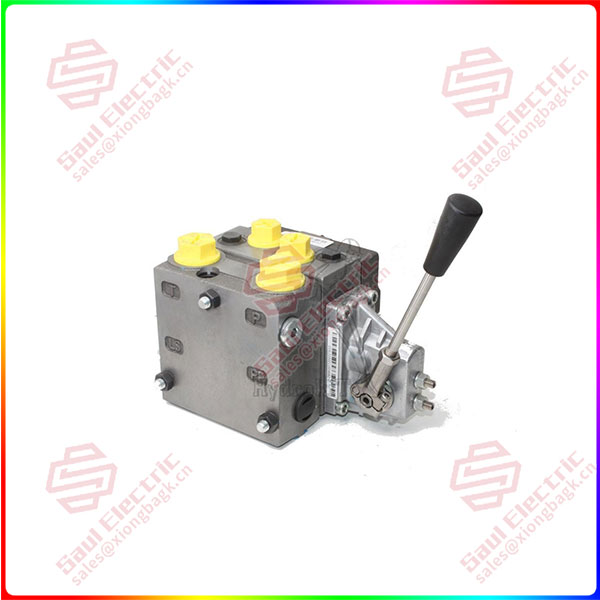Quality assurance testing through data collection, certification and signature
To further elaborate on quality assurance testing, consider the various different types of testing you may encounter and how that testing is typically intertwined with the manufacturing process. Throughout the manufacturing process, many products are tested using a combination of in-line, in-line and laboratory testing. This means that there need to be several different test sites, each with many different types of test equipment and different testers.
At the same time, these tests need to be carried out at different points during the manufacturing process, so the process should not proceed to the next step until the previous test is completed. The entire manufacturing process is not complete until all tests have been successfully completed and certificates and signatures are in place.
MES performs various steps in the manufacturing process together with automated systems and collects data from various locations and equipment where tests are performed. The MES interlocks with the automation system to ensure that all steps are successfully completed and that the next step is not initiated until the previous step is completed. The result is that all the steps essential to quality control are completed correctly in order, all the necessary data is collected, and the product certification with signature is completed as required.
In this case, IIoT plays a bigger role in supporting automation and MES. With so many different devices collecting so much data throughout the facility, IIoT is really the only option. Again, this is an area where analytics and AI play a bigger role, as they are able to analyze all device data to provide fast and in-depth results that get right to the heart of the problem so it can be resolved before it escalates.
04Material optimization and intelligent manufacturing tools
Often, companies need to make material adjustments to a product or batch based on quality assurance test results. The idea is not to simply add more material up to a specific level, but to optimize the material so that the least amount of material is added as possible to achieve the desired result at the lowest cost. If multiple levels of testing are required at different points in the manufacturing process and multiple levels of materials are added, optimization becomes more complex.

PVG32-1
The only way to achieve true optimization is through some advanced capabilities of MES and automated systems, as well as intelligent manufacturing tools such as AI and advanced analytics. AI algorithms are linked to MES to perform minimum cost calculations, such as recommending specific materials that need to be added.
In order to achieve this, at every step of the process, MES must obtain the required quality assurance test results and must be automated to accurately measure specific materials added with strict tolerance requirements. These AI algorithms, along with integrated MES and automated processes, must ensure a quick focus on the lowest-cost solutions, mainly because most processes have a limited number of available additions to the master recipe.
Use advanced analytics tools to analyze these large data sets and their interrelationships with each other to understand underlying trends, gain insight into root causes, and gain insight into potential issues long before they become problems. The payoff is huge, because we know that for every product or batch of product, we want to use the lowest possible cost to produce a product that meets the product specifications.
05The benefits of integrating MES, automation systems and intelligent manufacturing technologies
Using MES and automation systems as a foundation, tightly integrated with intelligent manufacturing technologies, can bring many benefits to manufacturing companies. The use of MES, automated systems and intelligent manufacturing technologies to provide functions such as bill of materials and formulation digitization, error prevention, quality assurance testing and material optimization demonstrates significant advantages that cannot be achieved any other way. This not only reduces material and labor costs, improves productivity, yield and output, but also reduces waste and rework. All of this is achieved through tight integration of MES, automation systems, and smart manufacturing technologies, leveraging them to deliver new capabilities that focus on these critical elements of the manufacturing process.
All the new smart manufacturing and Industry 4.0 technologies look really cool. AI, IIoT, AR/VR, and many other technologies have found their place in modern manufacturing. But they need a foundation, and MES and automation systems are that foundation. MES and automation are the starting point for smart manufacturing, allowing companies to focus on fundamental areas such as bill of materials and formulations, production error prevention, quality assurance testing and material optimization to continuously improve production operations and achieve significant business value in the foreseeable future.
 1 Year Warranty
1 Year Warranty





